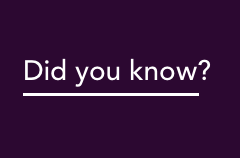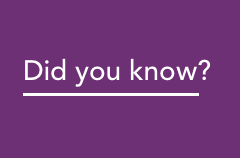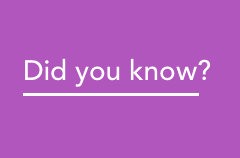Adapting and managing Under Frequency Load Shedding at times of low demand
The following reports outline analysis on adapting and managing under frequency load shedding (UFLS) in the NEM at times of low demand:
- The 2022 Power System Frequency Risk Review provides an update on DER impacts on UFLS (section 3.3.2), UFLS remediation work in South Australia (Section 3.3.3), and UFLS remediation work in other NEM regions (Section 3.3.4). It also provides an update on AEMO’s analysis around a protected event for the Heywood Interconnector (Section 7.3).
South Australia
- May 2024: AEMO completed an assessment on the amount of emergency under-frequency response (EUFR) required in South Australia to adequately arrest the impacts of a range of significant multiple contingency events.
- May 2023: AEMO completed extensive analysis of non-credible separation of South Australia from the rest of the National Electricity Market (NEM). These studies were undertaken following a recommendation, initially in the 2020 Power System Frequency Risk Review, to request the Reliability Panel declare the non-credible separation of South Australia a protected event under the National Electricity Rules (NER). AEMO identified a number of preferred management actions which do not require a protected event, and thus decided not to further progress a request for declaration of the protected event.
- May 2021: AEMO collaborated with SA Power Networks to introduce dynamic arming of the UFLS scheme in South Australia. Dynamic arming, which enables UFLS circuits to be automatically disarmed when they are in reverse flows, is one of a suite of recommendations by AEMO to address issues with UFLS due to the high distributed DPV generation in the region.
- December 2020: An update on the progress to address issues identified with the UFLS in South Australia was outlined in section 6 of the Power System Frequency Risk Review – Stage 2 Final Report. This section also included the proposed scope of the submission to the Reliability Panel for a new protected event relating to the separation of South Australia from the rest of the NEM.
- October 2020: An updated and expanded constraint set was implemented to keep imports into South Australia across the Heywood interconnector within limits that reduce the risk of cascading failure and a black system if South Australia separates from the rest of the NEM.
- July 2020: Appendix A of the Final 2020 Power System Frequency Risk Review – Stage 1 explored the impacts of distributed PV on the operation of emergency frequency control schemes in South Australia in periods with high distributed PV generation.
Victoria
- In 2023, AEMO published a report that explored dynamic arming options for UFLS for adapting to higher levels of distributed PV, using case studies in Victoria. The report explored options for dynamic arming (reverse flow blocking) of UFLS relays at the sub-transmission 66kV level, distribution 22kV level, or at individual customer sites via Advanced Metering Infrastructure (AMI).
- In 2021, AEMO delivered a report to Network Service Providers in Victoria, outlining analysis on the amount of net load in the Victoria UFLS scheme and impacts of distributed PV. The report highlights areas where action is required to manage growing levels of distributed PV while maintaining an adequate emergency under-frequency response in Victoria.
- In 2023, AEMO delivered an update report with the continuing evolution of UFLS load levels in Victoria during 2021 and 2022.
Queensland
- AEMO has delivered a report to Network Service Providers in Queensland, outlining analysis on the amount of net load in the Queensland UFLS scheme and impacts of distributed PV. The report highlights areas where action is required to manage growing levels of distributed PV while maintaining an adequate emergency under-frequency response in Queensland.
New South Wales
- AEMO has delivered a report to Network Service Providers in New South Wales, outlining analysis on the amount of net load in the New South Wales UFLS scheme and impacts of distributed PV. The report highlights areas where action is required to manage growing levels of distributed PV while maintaining an adequate emergency under-frequency response in New South Wales.






